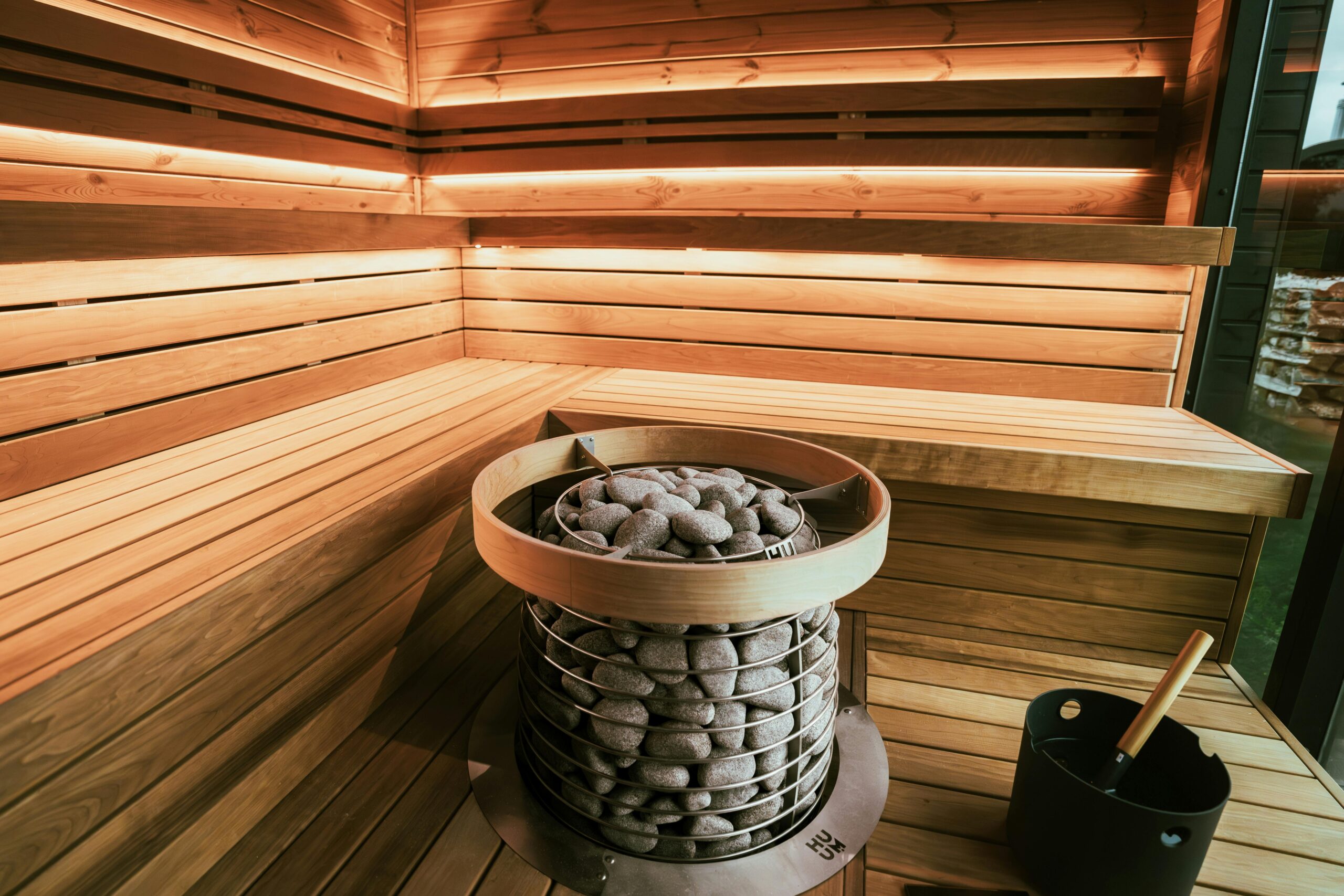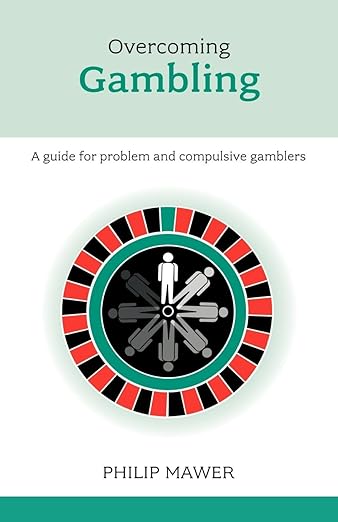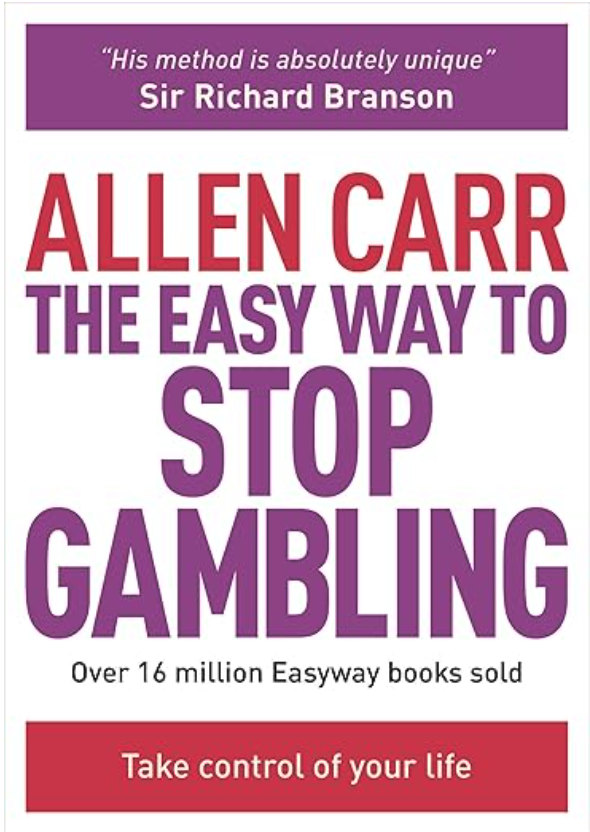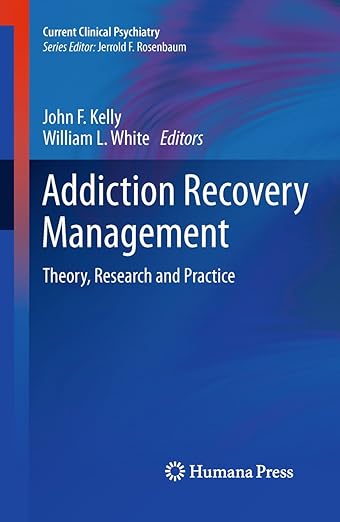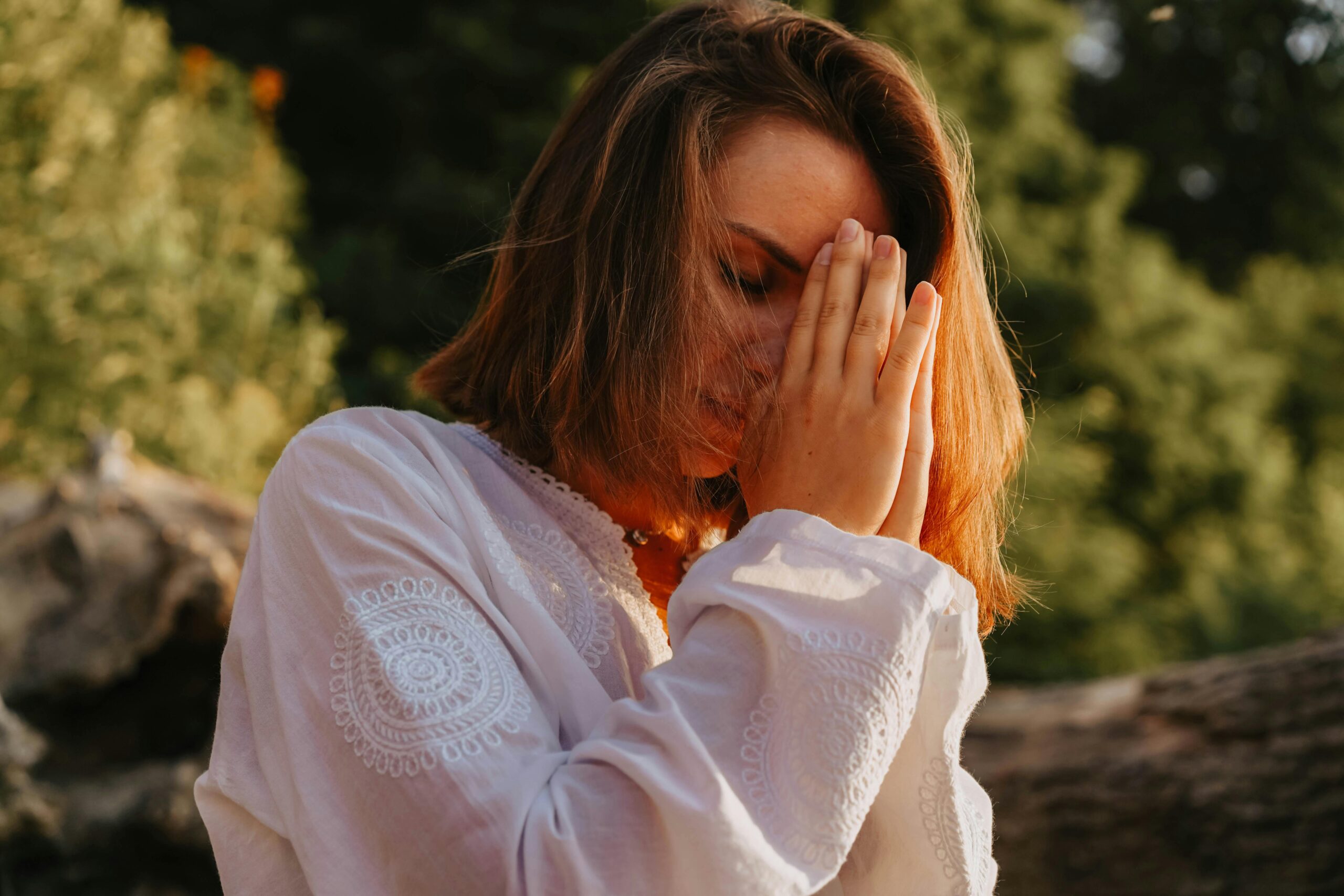Self-Care Instead of Gambling
For many people in recovery, the pull to gamble isn’t only about the money. It often comes from a need to escape, numb out, or feel a rush when life feels overwhelming. That’s why choosing self-care instead of gambling is not a luxury—it’s a lifeline. When you replace a gambling urge with a healthy, intentional act of care, you do more than distract yourself. You begin teaching your brain new ways to feel calm, safe, and rewarded. Over time, these choices weaken the old patterns that kept the addiction alive and strengthen habits that protect peace and wellbeing.
Please know that some links on High Stakes Healing are affiliate links. This means we may earn a commission if you make a purchase, at no added cost to you. These small contributions allow us to provide articles, tools, and support to those in recovery, while recommending only the resources we genuinely value.
Why Self-Care Works in Gambling Recovery
Studies from Birches Health and Forbes Health highlight how self-care practices reduce anxiety, depression, and emotional triggers—the very conditions that often fuel gambling urges. Practiced consistently, self-care can:
- Replace impulsive habits with mindful, intentional ones
- Strengthen emotional regulation and resilience
- Build self-trust and confidence in your ability to cope
When cravings hit, having a ready list of self-care ideas is more than a comfort—it’s a form of protection. Below are ten powerful alternatives that can help you choose self-care instead of gambling when the urge strikes.
10 Self-Care Ideas to Replace Gambling Urges
Please know that some links on High Stakes Healing are affiliate links. This means we may earn a commission if you make a purchase, at no added cost to you. These small contributions allow us to provide articles, tools, and support to those in recovery, while recommending only the resources we genuinely value.
1. Guided Meditation
Apps like Headspace and Insight Timer offer meditations specifically for stress relief, cravings, and grounding. Even a short session can create enough space between the urge and the action to shift your decision.
Professional Support Anytime
Recovery doesn’t have to be faced alone. With Online Therapy, you can connect with licensed therapists from the comfort of home and work through gambling addiction at your own pace.
2. Journaling
Keeping a recovery journal can help you process triggers, emotions, and victories. Try prompts like: “What am I feeling right now that gambling used to cover up?” This simple practice builds clarity and self-awareness.
3. Nature Walks
Spending 20 minutes outdoors can reduce stress hormones and boost natural dopamine. Whether you walk in silence, listen to music, or bring a friend, nature has a way of restoring balance.
4. Recovery Podcasts
Hearing from others who understand your journey can be powerful. Podcasts such as The After Gambling Podcast or The Broke Girl Society provide relatable voices and remind you that you’re not alone.
5. Creative Hobbies
Painting, baking, puzzles, or DIY projects provide focus and satisfaction without risk. Engaging your hands and mind in something new gives you the same sense of achievement that gambling once promised.
6. Sensory Rituals
A warm bath, skincare routine, or calming aromatherapy can soothe your nervous system. These rituals offer gentle ways to quiet the compulsive energy behind gambling urges.
7. Recovery Apps
Tools like Gambless and QuitGamble include CBT exercises, daily reflections, and peer support. Having recovery resources at your fingertips can make the difference in high-risk moments.
8. Accountability Check-Ins
Send a quick message to a trusted friend: “I’m triggered, but I’m choosing peace.” Reaching out breaks the isolation of urges and strengthens your commitment to healing.
9. Recovery Reading
Looking for More Guidance?
Recovery is about more than stopping gambling—it’s about healing emotionally, rebuilding structure, and learning practical tools for lasting change. For deeper insights and self-guided exercises, visit our dedicated Books for Recovery page. You’ll find carefully chosen guides, workbooks, and personal stories to support your journey.
Recovery literature can be a grounding reminder of why you started this journey.
10. Urge Surfing
Instead of fighting the craving, observe it. Breathe through it. Watch as it rises, peaks, and eventually fades away. This practice—known as urge surfing—builds resilience and weakens the power of future triggers.
Self-Care as a New Reward System
Every small act of care is a step toward freedom. The next time an urge to gamble hits, try one of these practices instead. By choosing self-care instead of gambling, you are not simply avoiding a bet—you are rewiring your reward system, teaching your brain that peace and joy can come from healthy habits. Over time, these choices create a life where gambling no longer holds control.
Internal Links
FAQs on Self-Care Instead of Gambling
Why is self-care important in gambling recovery?
Self-care helps reduce stress, regulate emotions, and replace harmful impulses with healthier coping strategies. It rewires the brain’s reward system, making it less dependent on gambling.
What are quick self-care alternatives when gambling urges hit?
Some quick alternatives include guided meditation, journaling, taking a walk, calling a friend, or practicing urge surfing. Each provides grounding and helps reduce the intensity of cravings.
Can self-care alone stop gambling addiction?
No, self-care is not a cure on its own. But it is a powerful support that works alongside counseling, peer groups, and recovery plans to make healing sustainable.


